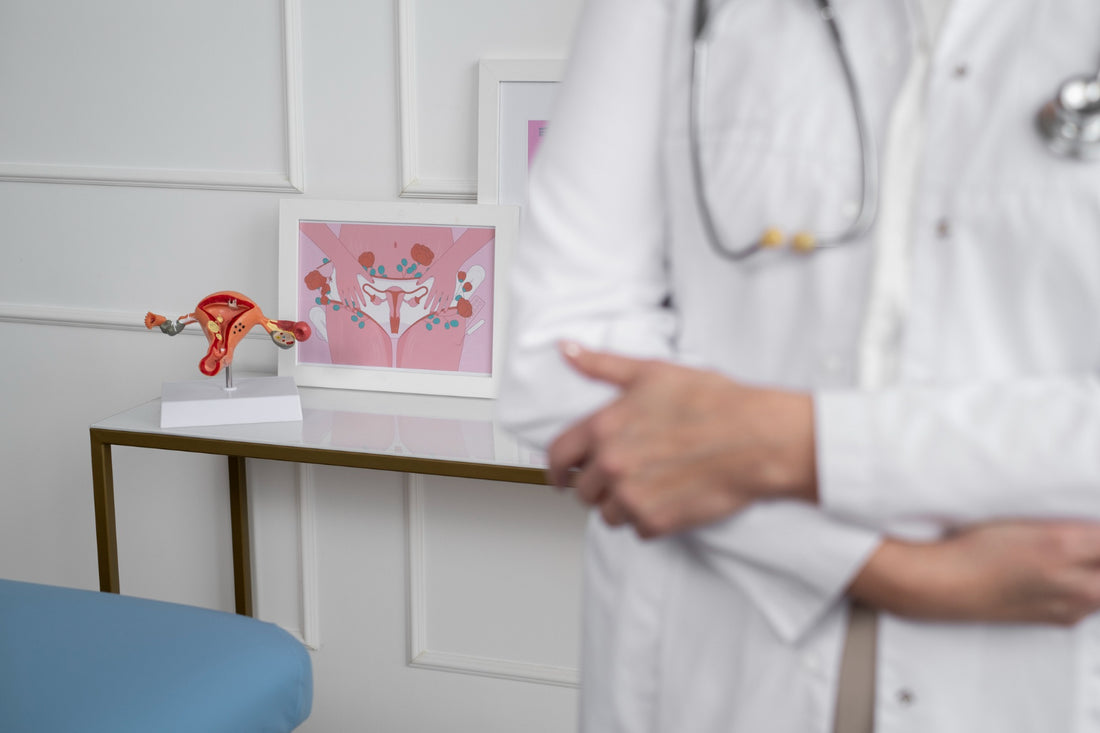
Annual gynecological exams: essential information for women's health
Annual gynecological exams are a fundamental part of women's health care. In this article, we will explore why they are important, what types of exams they typically include, and how they can help keep women's health in top condition.
Importance of Annual Gynecological Exams
Annual gynecological exams are an invaluable opportunity for women to monitor their reproductive and gynecological health. These examinations allow early detection of potential health problems, such as infections, sexually transmitted diseases, cervical changes and other gynecological disorders, facilitating early treatment and reducing the risk of long-term complications.
Tests included in annual gynecological exams
Annual gynecological exams usually include several examinations and tests to evaluate the health of a woman's reproductive system. Some of the most common exams include:
Pelvic exam
During this exam, the physician visually examines and palpates the internal and external reproductive organs for abnormalities, such as ovarian cysts, uterine fibroids or inflammation.
Pap smear (PAP)
This test involves taking a sample of cells from the cervix to detect precancerous or cancerous changes. It is essential for the early detection of cervical cancer.
Mammary examination
The doctor performs a physical examination of the mammas to detect any abnormalities, such as lumps, changes in skin texture, or abnormal secretions. In some cases, mammograms may also be recommended for early detection of breast cancer.
Sexually Transmitted Infection (STI) Screening Tests
Depending on the patient's risk factors and medical history, testing for infections such as chlamydia, gonorrhea, syphilis and HIV may be performed.
Recommended frequency
It is recommended that all women over the age of 21 undergo annual gynecological examinations, independent of whether they are sexually active or not. However, the frequency of these examinations may vary depending on age, individual risk factors, and physician recommendations.
Annual gynecological exams are a crucial part of women's health care. They provide an opportunity to detect and treat potential health problems early, thus promoting a healthy reproductive and gynecologic life. All women should prioritize these exams as part of their routine preventive health care.





